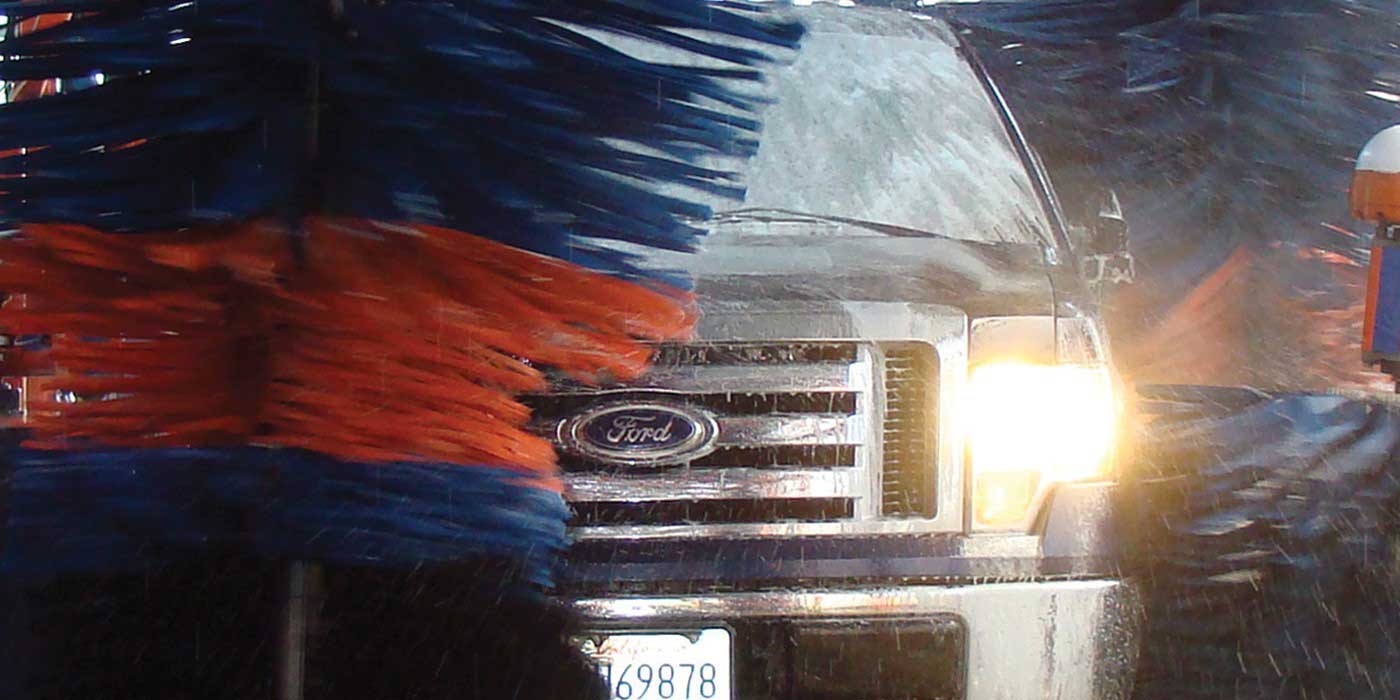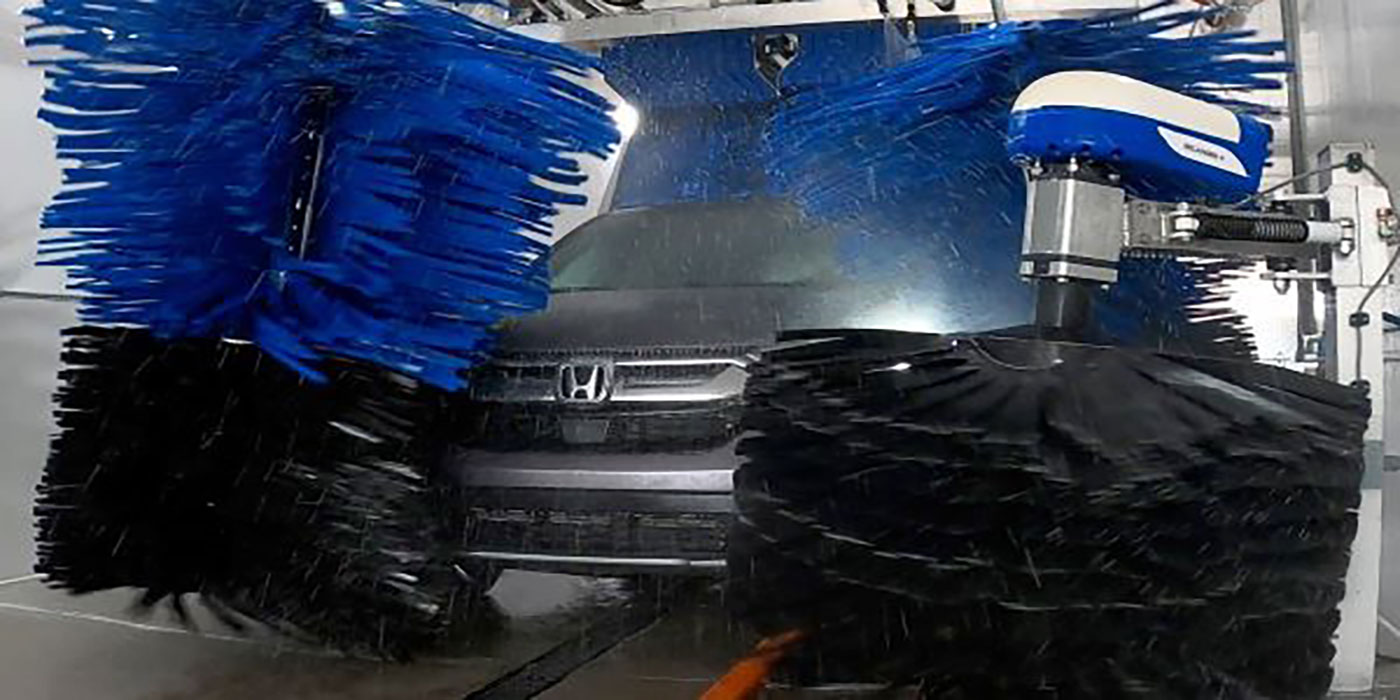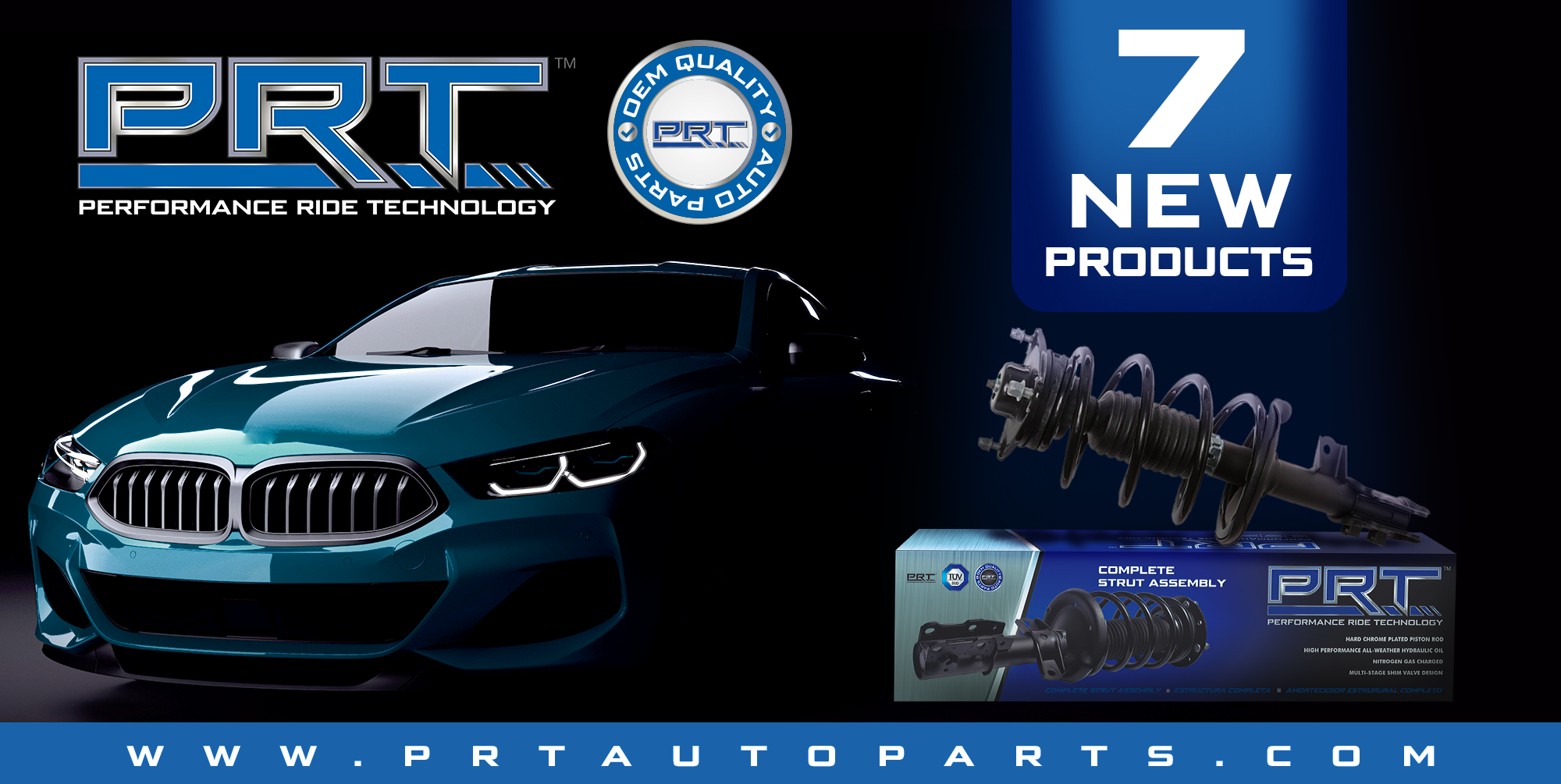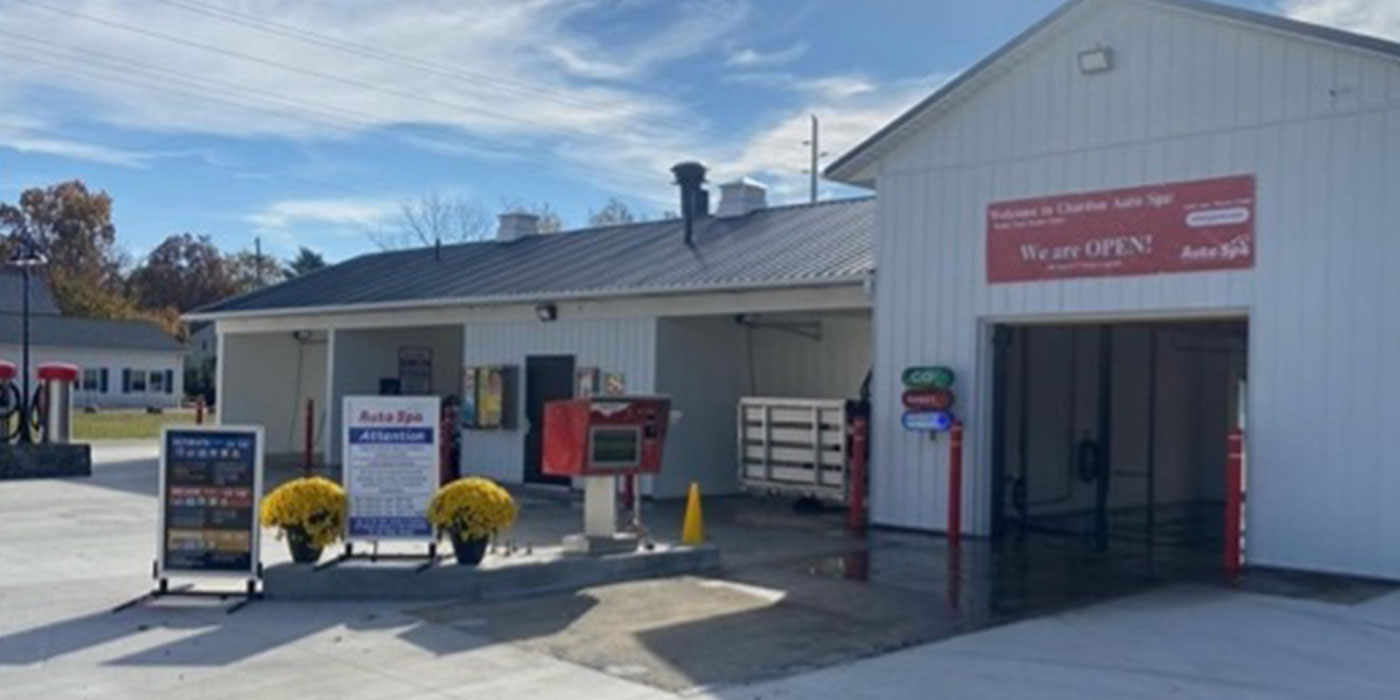Every business should expect to encounter some unusual requests every now and then. For carwashing and detailing services, that may come in the form of RV drivers wanting to take their motorhomes through the truck wash.
Running an RV through a truck wash raises a slew of questions, from whether it’s possible to what to charge for it. To help you determine if you should accept these vehicles in your truck wash, here’s a closer look at their unique needs.
Is taking an RV through a truck wash a good idea?
An RV certainly can’t fit in a standard carwash, but larger truck washes seem more feasible. Washing businesses should also consider the workflow considerations and economic factors of expanding their services to include RV cleaning. If you’re thinking of taking RVs through your truck wash, consider these areas first.
1. Size considerations
The first issue that comes up when thinking of taking an RV through a wash is its size. A Class 8 heavy-duty truck can weigh more than 33,000 pounds and may be 70 feet long, including the trailer. 1 If your truck wash is large enough to accommodate these vehicles, it can accept RVs without question.
Class A RVs, the largest type, often range between 26 to 45 feet in length and weigh up to 30,000 pounds. 2 The dimensions of your truck wash can certainly fit that, but the only issue you may encounter is weight. If your truck wash floor is concrete, you likely don’t have to worry, but if you have metal grates to enable undercarriage cleaning or drainage, make sure they’re sufficient.
A truck wash that can handle a Class 8 truck is enough for any RV. Be sure to check your specifications to ensure they can handle these vehicles before assuming anything, though.
2. Unique cleaning factors
Any experienced washing and detailing professional knows that different vehicles carry varying cleaning needs. RVs are no exception, so you should make sure you can adjust to these unique needs to take them through your truck wash.
RV owners must periodically replace window and roof seals, so these vehicles may have delicate or aging rubber that pressure washers could damage.3 Similarly, they may have decals or canvas parts that conventional washing methods may be too harsh to clean. You’ll likely have to opt for a gentler cleaning method.
Use non-abrasive cleaners on all RVs, especially unpainted metal or fiberglass bodies. Specialized RV cleaners are available and may be the best option if you think you’ll encounter these customers often. Otherwise, gentler car shampoos may be sufficient, as long as you avoid power washing.
3. Business opportunities with RV washing
Washing and detailing businesses should also consider the economics of servicing RVs through a truck wash. Accommodating these vehicles may require more work and raise operating costs from their unique needs, but it could also be a promising business opportunity.
RV ownership is rising, particularly among younger demographics. People aged 18 to 34 now account for 22% of the market, and 84% of them plan to buy a new RV within the next five years.4 First-time owners are also growing, with 9.6 million Americans planning on buying one in the next five years.
This growing market means that washes that accept RVs could see rising business over the next few years. RV-specific washing services are still uncommon, so accommodating these customers could help you reach a growing niche with less competition. Businesses near major highways or parks can expect particularly high growth.
4. Truck wash vs. hand washing and detailing
If you do decide to offer RV cleaning services, truck washes aren’t your only option. While they’re the only viable automatic alternative, you may consider hand-washing these vehicles instead. Each option comes with its own advantages and disadvantages.
As mentioned earlier, power washing can damage some RVs. Hand-washing these vehicles instead of bringing them through a truck wash would help avoid potential complications from water pressure. It’ll also be easier to cover all of an RV’s corners and nooks, all while remaining gentle.
The primary benefit of a truck wash is speed. Most campers travel more than 50 miles to their destination, so they may be in a rush compared to other drivers.5 An automatic wash would be far more convenient for them. It’ll also reduce staffing needs.
Services to offer RV drivers
If you decide to serve RVs, you should consider special services to capitalize on the market fully. Publicizing that you accept RVs in your truck wash can help attract customers, but you should also look for upselling opportunities.
You can find special services to offer by looking at RV drivers’ unique needs or wants. Things that can extend these vehicles’ useful life are some of the most valuable, as RVs require special care. Polishing, waxing and other protective coatings for RVs’ fiberglass exteriors can appeal to these drivers.
It’s also a good idea to offer cleanings tailored to unique parts on RVs like awnings or solar panels. Since conventional washing isn’t ideal for these accessories, drivers have fewer available options and may pay more for them. That opportunity could easily offset the costs of specific cleaning products and specialized training.
Determining RV wash costs
Finally, you should determine what to charge for RV cleaning. Since these vehicles are far larger than standard vehicles, you can comfortably charge more for servicing them. The most straightforward way to scale prices is to take what you charge for a standard wash, then increase it by how much extra water and soap you’ll use.
Since this is a specialized service, you can justifiably increase the costs beyond the additional resources used. However, you don’t want prices to get too high that drivers decide to wash their RVs themselves. A helpful way to minimize these prices while still earning a profit is to break services into tiers and add-ons.
RVs can cost as little as $10,000 or as much as $300,000.6 Consequently, RV drivers will vary widely in how much they’ll likely spend on maintenance. Charging more for premium services like hand-washing, waxing or fiberglass detailing will help earn more from high-budget RV owners while keeping other prices affordable for others.
Expand your truck wash to accommodate RVs
Overall, servicing RVs in a truck wash can be a profitable business venture. If you have the facilities necessary and can expect enough RV traffic, these services can open the door to an enticing new market. If you adjust to meet their unique needs effectively, you could see impressive growth from servicing these vehicles.
Sources:
1https://www.thebalancesmb.com/commercial-motor-vehicle-classification-2221025
2https://www.myfinancingusa.com/blog/differences-between-rv-and-motorhome-classes/
3https://modded.com/is-buying-an-rv-worth-it/
4https://www.rvia.org/go-rving-rv-owner-demographic-profile
5https://www.statista.com/statistics/420786/distance-away-from-home-of-camping-trips-us/
6https://www.rd.com/article/how-much-does-it-cost-to-live-in-a-rv/
Oscar Collins is the founder and editor-in-chief of Modded, where he writes about cars, car trends and auto news. Follow him on Twitter @TModded for frequent updates on his work.














